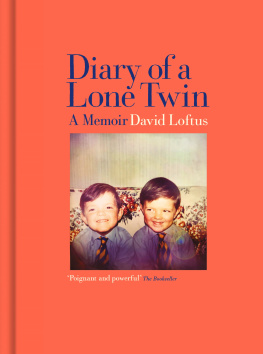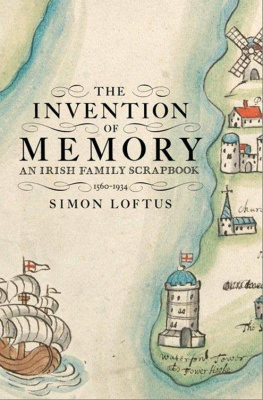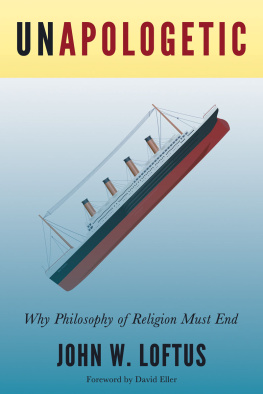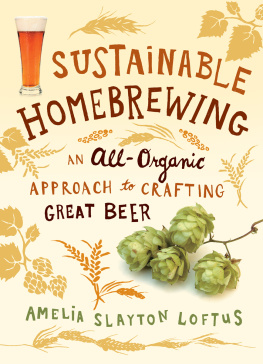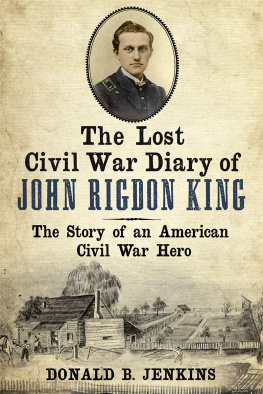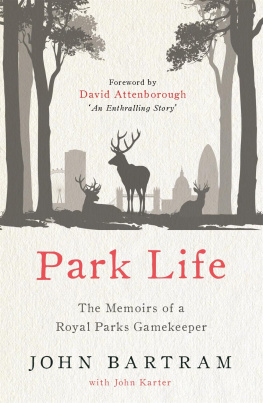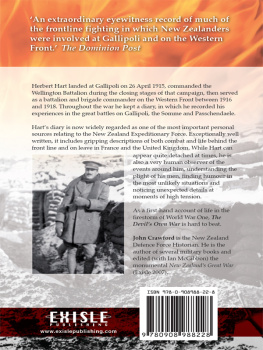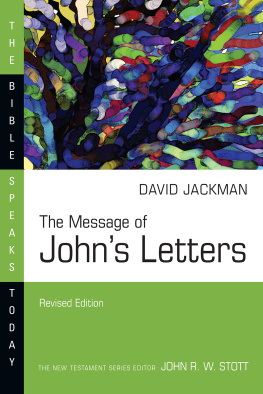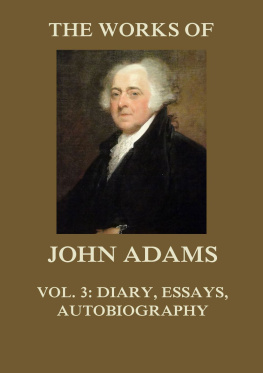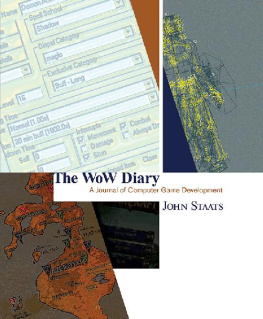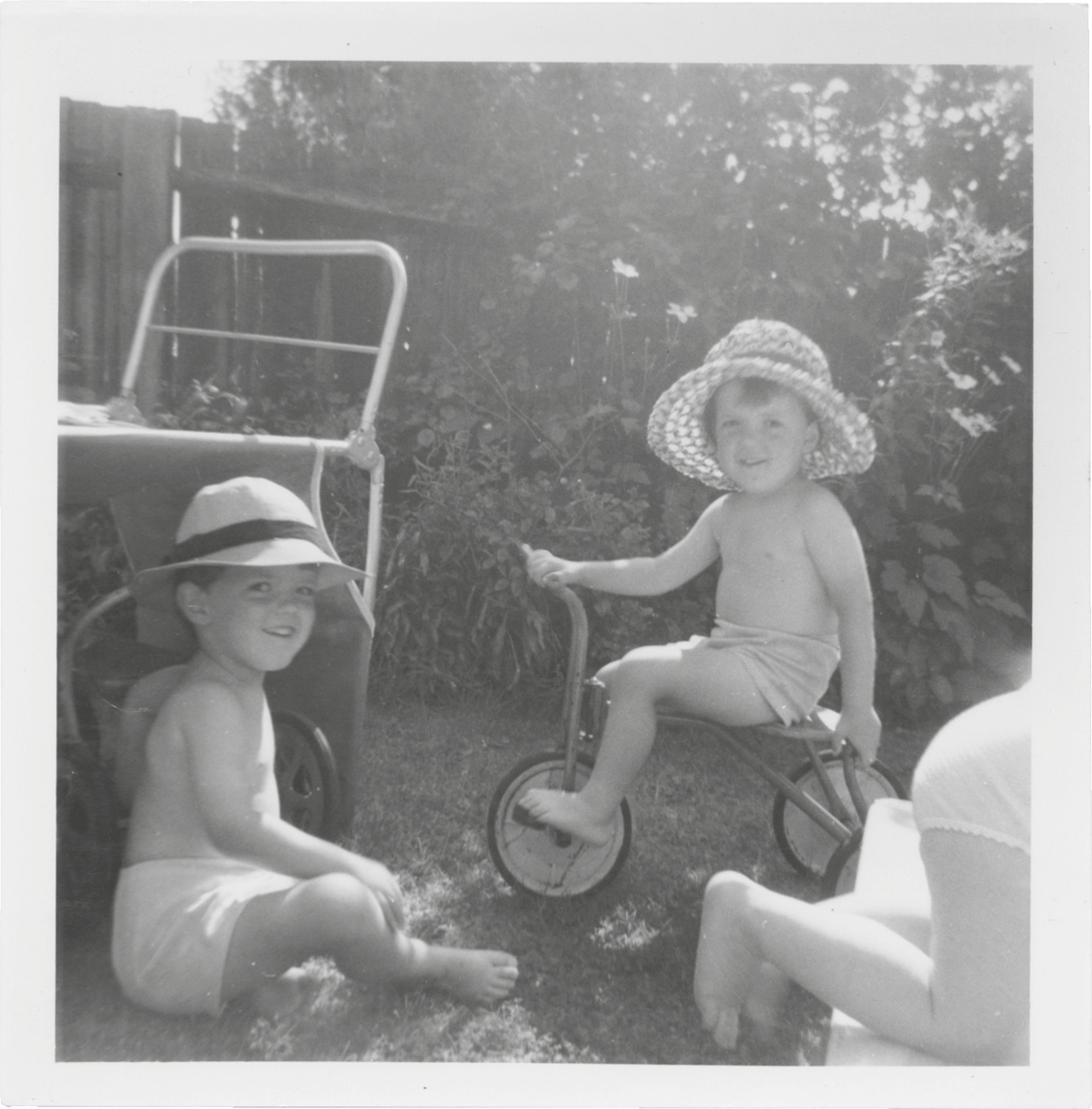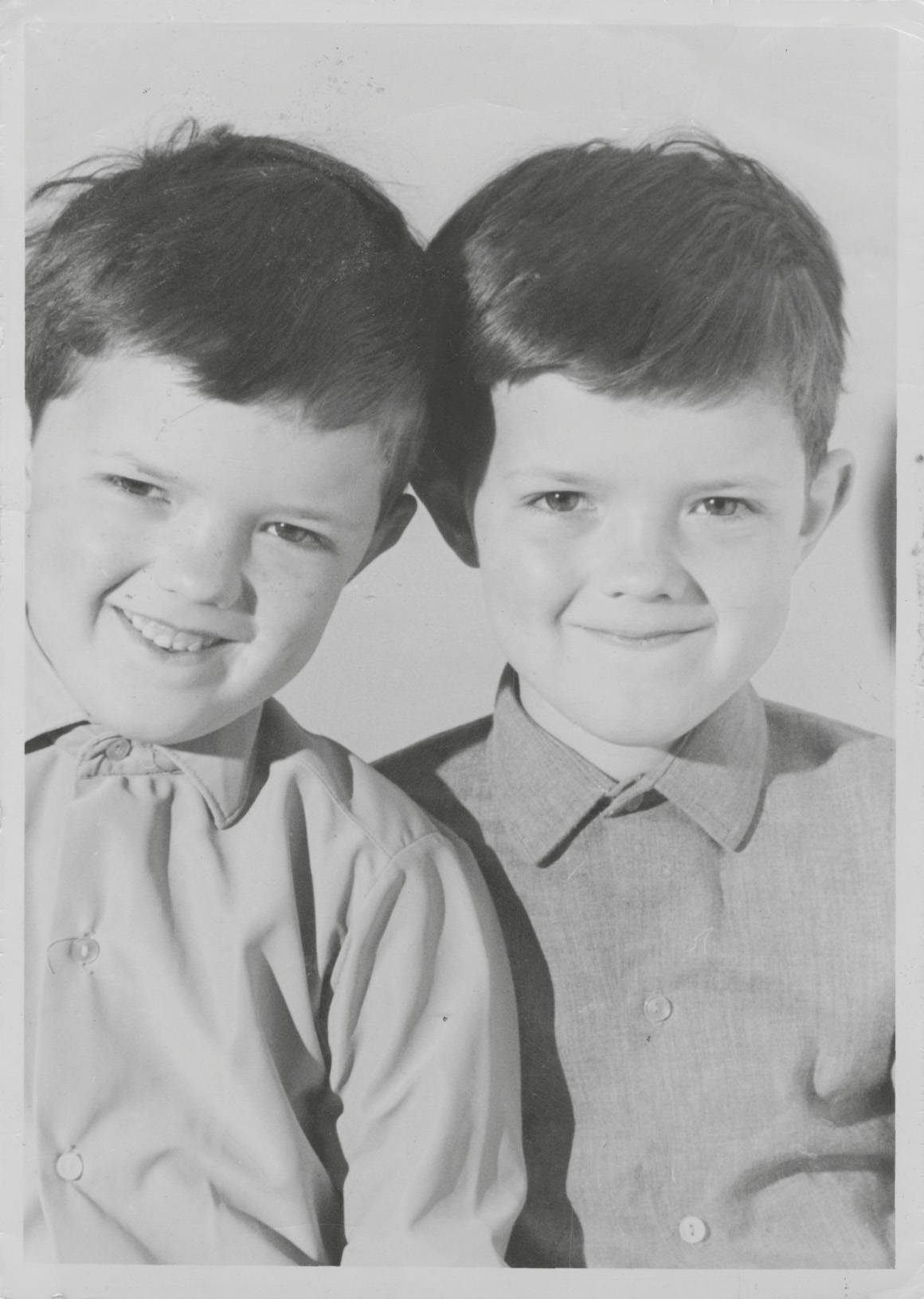To my three graces, Ange, Mother and Pascale, and their dArtagnan, Paros.
Contents
Guide
WINTER/SPRING
You cant get to the meadow of happiness without climbing the cliff of hardship.
OLD TIBETAN PROVERB
Monday 1 January
Riad El Fenn, Marrakech
New Years Day, and thus begins my personal diary of the year, an odyssey in which I will try to come to some sort of understanding of the events, thirty years ago, that so shaped my life: the death of my identical twin Johnny. It shouldnt read as vengeful or vitriolic, but I want to tell the truth in as few pages as possible, over 300 days, from New Years Eve to the anniversary of Johns death. I will try to be as honest and open and transparent as I can, leaving myself psychologically and emotionally bare, telling the story as faithfully as I can and showing the ultimately positive and cheerful me that lives and breathes today. Theres no point in this painful journey unless the truth, and the telling of it, helps others who have lost loved ones, not just identical twins, but brothers, sisters, partners, friends and children.
Today Im in a rather sad and contemplative state. I cant be sure as to whether I will complete the first day of this journey, let alone the whole year. Where to start? Sitting here in the shadow of the Koutoubia Mosque in ancient Marrakech, a place I have come to call my home from home, seems as good a place as any. As does the first day of the year. I have just watched the sun set over the palms beside the mosques melodic call to prayer, disturbing the sparrows as they rush to their nightly evensong conventions in the trees and vines of the riads. Half an hour of incessant chatter and then blissful silence. I watch and listen nightly.
How to start? Last year was the thirtieth year since John died. Thirty years of surviving as a singleton after spending nearly half my life as an identical twin. And what do I hope to achieve by dedicating myself to this year of exploring the loss? Will this be a cathartic experience, a voyage of self-discovery, or will it end in sadness? Time will tell. The desire to write something has been with me for many years, fuelled by a deep sense of injustice surrounding the nature of Johnnys death, alongside a festering guilt around the events that led to it. Plus a feeling that this has to be confronted and faced.
Since John died one of the simplest of everyday tasks has become one of the most heartbreaking for me: the act of shaving. I had shaved John while he was in hospital and the contours and blemishes of his face were so familiar to me, akin to looking in the mirror. After that, the task of shaving myself became an impossible chore. That feeling has never left me, and the feeling I have on day one of this journal is of facing a very large, very clear mirror, for the first time since his death.
Tuesday 2 January
Im here in Marrakech to see in the New Year with Ange. My day has been spent sunbathing. No longer deemed fashionable or indeed safe, tanning to both John and I was deemed quiet, solo, me time. A time to liberate ourselves from the use of our primary sense, sight. I was thinking today of the combined hours, indeed weeks and months, we spent in that semi-catatonic state of rest, listening to the sound of the sea and the wind in the olive and casuarina trees on the Greek island of Paros, drinking in the smell of drying oregano and thyme in the intense Aegean heat. To many it might seem wasted time, but some of our best ideas came from these sun-baked, silent moments. Today as I listened to the mosques call to prayers, smelt the cinnamon and spices in the air and watched the high-flying storks sailing in the winds from the Atlas Mountains, I started thinking about Johns early joy of writing poetry. Aged eight or nine we were both often to be found at my fathers desk or at the dining table drawing and painting, but occasionally he would wander off and hide to write a poem, usually addressed to our parents. I found one recently:
Beautiful Things by John Loftus
Beautiful things that look a sight
Make the world nice and bright
The red is the sun, the white the moon
The black is the night, the pink is the noon
Colourful butterflies in the air
On a plate, a golden pear
Little red berries on a hawthorn tree
And an elegant bumble bee,
The nice little ducks are on a flight
And a childs flying kite
The coloured shirts of a football team
Freshly pulled vegetables, mostly green
Blue is the sea, the river too
On the grass, a silver dew
The daisies and buttercups are very small
The people like them one and all
Dont forget the purple heather,
And the grass that is as light as a feather
The owl is known to be very wise
Bird watchers watch him with beady eyes
All things are beautiful
Not like a beastly bull
All these things, God made them all
All these things, great and small
Finding this was a glorious reminder of the innocence and simplicity of our youth. John and I would kneel and say our prayers nightly, either side of the bed. Wed pray for our parents and maybe our little sister and brother if they hadnt annoyed us too much. Wed pray for an end to wars, wed pray that there wouldnt be another Ice Age, and wed both pray that wed never, ever get a brain tumour.
Wednesday 3 and Thursday 4 January
Last night at Riad El Fenn, Marrakech
Flying home from Marrakech with Ange, Im thinking about brain tumours... what made our young minds fear them so? The Ice Age fear stemmed from a very early dream Id had, when creeping down from the North Pole came a wall of ice hundreds of feet high, crushing everything in its path. But brain tumours? I cant remember why. Mother, being a doctor, would occasionally talk over tea with my father about her days events, but we were normally ignorant of the medical phrases wed hear, like spina bifida and toxic shock syndrome.
Our first encounter with brain cancer was on our first solo trip abroad as twins. Unaccompanied by our parents, at fourteen or fifteen years old we were sent to stay in Ontario during the summer of 1976, the UKs great drought. We stayed with our Uncle Almond, best known for being the countrys leading nuclear scientist, but more interesting to us boys as the inventor of the bluey whiteness chemical in Dazs washing powder. Alison and Lesley, his twin daughters, were fascinating to us, and us to them our first experience of non-identical twins. They were fiercely different and often fought like cats and dogs, but John had a crush on Cousin Alison and I had a soft spot for Cousin Lesley.
They introduced us one night to a boy called Billy. He must have been about eighteen or nineteen and we were both drawn to his recklessness. He owned a silver Ford Pinto, a car more akin to an episode of

